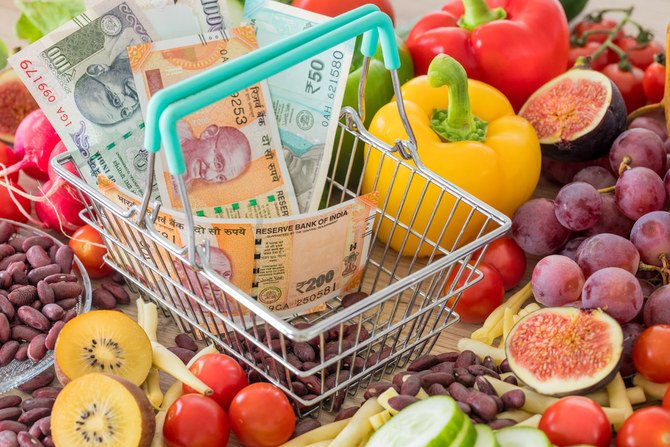Inflation in India: The central government has now made it necessary to approve the quality certificate on the export of wheat flour, maida, and semolina. It has been said in a notification that this approval will have to be taken from the Export Inspection Council (EIC). Mumbai, Chennai, Delhi, and Kolkata are home to its principal centers.
Inflation in India: There has been a tremendous increase in the prices of food items in a year. Even after lakhs of efforts of the government, the prices are not being controlled. Even salt prices have gone up. According to data from the consumer ministry, the price of a kilogram of rice was Rs 34.86 a year ago; it is currently Rs 37.38. Wheat has increased from Rs 25 to Rs 30.61 while flour has increased from Rs 29.47 to Rs 35 a kg.
There is also a rise in the prices of pulses.
A year ago, tur dal was Rs 104 per kg, which is now Rs 108 per kg. Masoor dal has gone up from Rs 88 to Rs 97 per kg, milk has gone up from Rs 48.97 to Rs 52.41 per liter, and urad dal has gone up from Rs 104 to Rs 107 per kg. As per RBI estimates, retail inflation will still remain above 6 percent. The consumer ministry has called upon oil companies and organizations several times to reduce oil prices. Companies say that they are continuously cutting oil prices. But still, the oil prices are above Rs 150 per liter in the open market.
| things | Price (8, Aug, 22) |
Price (August 8, 21) |
| groundnut oil | 188 | 176 |
| mustard oil | 174 | 169 |
| Vegetable oil | 154 | 134 |
| soya oil | 57 | 148 |
| sunflower oil | 180 | 166 |
| potato | 28 | 20 |
| salt | 20 | 19 |
Figures per kg in Rs.
Quality certificate required for export of flour, maida, and semolina, after the ban on the export of wheat on May 13, flour export increased
, It has been said in a notification that this approval will have to be taken from the Export Inspection Council (EIC). Mumbai, Chennai, Delhi, and Kolkata are home to its principal centers. In fact, after the ban on the export of wheat on May 13, the export of flour, maida, and semolina suddenly increased.
There was concern that this might have an impact on the supply of flour in the domestic market. The cost can also go up as a result. The export of flour, maida, and semolina was also prohibited on July 12 by the Directorate General of Foreign Trade (DGFT) in order to combat this. The approval of the Inter-Ministerial Group would be required for the export of these goods.
Efforts to reduce
Prices of Commodities The government is constantly trying to bring down the prices of commodities. However, this year the prices are much higher than last year. The retail inflation rate (CPI) was 5.59 percent in July 2021, while it was 7.01 per cent in June 2022. It is expected to decrease marginally in July. Analysts believe that it may remain around 6.6 percent. The figures for July will be released on August 12.
|
|
| Click Here | |
| Click Here | |
| Click Here | |
| Click Here | |

